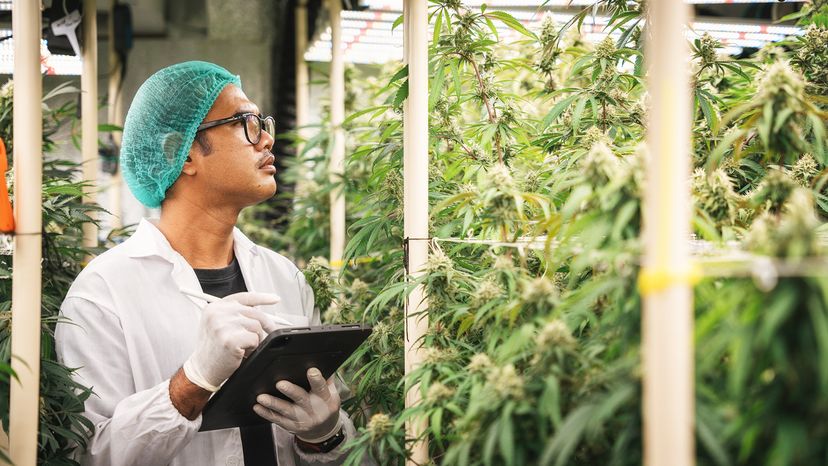Delta-8 THC is a double-bond isomer of tetrahydrocannabinol. Compared to delta-9-THC, relatively little is known about delta-8, and it has not been evaluated by the United States Food and Drug Administration (FDA).
Despite the lack of research surrounding the safety of delta-8, the drug is fairly popular. That's because of a legal loophole in the 2018 U.S. Farm Bill, also known as the Agriculture Improvement Act. The farm bill legalized hemp, a nonpsychoactive form of the cannabis plant used to produce cannabidiol (CBD), cloth and paper.
The Farm Bill defined hemp as containing less than 0.3 percent delta-9-THC, but there was no mention of how much delta-8-THC (or other cannabinoids) hemp could contain. Because of this, people have been able to extract psychoactive amounts of delta-8 THC from nonpsychoactive hemp-derived products.
Is Delta-8 Safe?
The safety of delta-8-THC is unknown used. According to the FDA, from the time delta-8 was added to the National Poison Control Center's database in January 2021 to February 2022, there were 2,362 cases of delta-8 exposure, 70 percent of which required medical attention.
Because delta-8 is unregulated, consumers typically don't know how much THC these products actually contain — or if they contain other, potentially harmful chemicals. Delta-8 can cause adverse events for children and pets. (Approximately 41 percent of poison control cases for delta-8 involved minors.)
Despite the lack of regulation and empirical evidence surrounding delta-8, the drug is very popular, especially among teens. A 2023 survey found that 11.4 percent of U.S. 12th-grade students had used delta-8.
